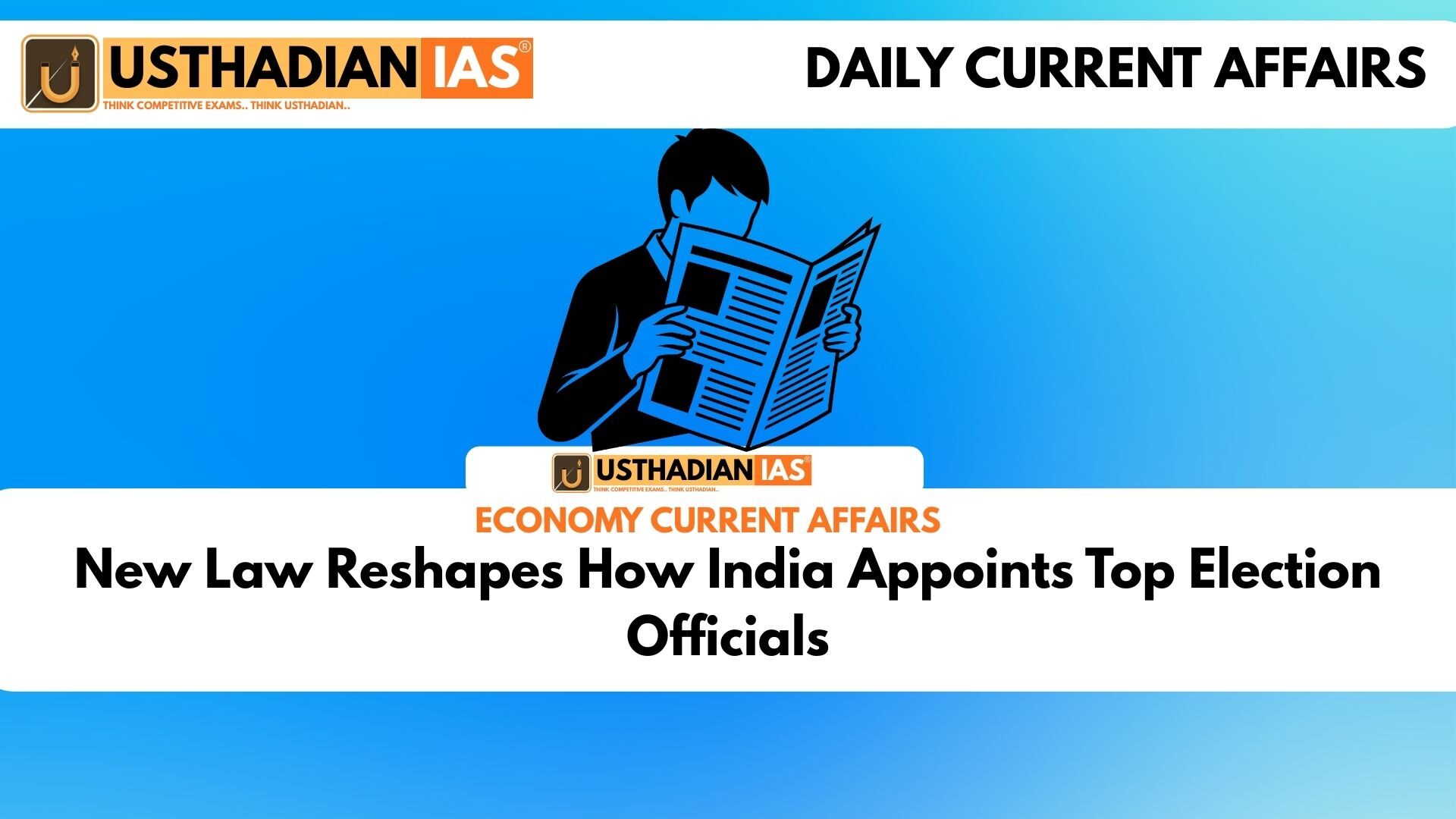Why the Appointment Process Is Changing
New Law Reshapes How India Appoints Top Election Officials : India is introducing a fresh method to select its Chief Election Commissioner (CEC) and Election Commissioners (ECs)—and it could reshape how our elections are run. Until now, the government had full control over these appointments. But with the CEC Appointment Act, 2023, the rules are changing just in time for the retirement of current CEC Rajiv Kumar in February 2025.
Instead of promoting the senior-most Election Commissioner, a Search Committee and Selection Panel will now shortlist and pick the new officials. This change is meant to increase transparency, but some fear it may give more power to the executive.
How the New System Works
Under the 2023 law, the process begins with a Search Committee, headed by the Law Minister, which will shortlist five names for the job. These could include civil servants, legal experts, or anyone with suitable qualifications—not just current Election Commissioners.
The final decision is made by a Selection Committee that includes:
- The Prime Minister (Chairperson)
- A Cabinet Minister (chosen by the PM)
- The Leader of the Opposition in Lok Sabha
Earlier, the CEC was simply appointed by the President on the Prime Minister’s advice. The Supreme Court had recommended including the Chief Justice of India in the panel to ensure impartiality. However, this was dropped in the final law, which critics say weakens the checks and balances.
Why the Debate Is Heating Up
The law was passed after the Supreme Court’s 2023 ruling questioned why the executive alone had appointment powers. The court said electoral independence needs more voices at the table. While the inclusion of the Leader of the Opposition is a step forward, excluding the Chief Justice has raised eyebrows.
Former CEC O.P. Rawat cautioned that the new law may allow governments to appoint “friendly faces” instead of neutral experts. This could erode public trust in the Election Commission of India, a body that plays a vital role in safeguarding democracy.
What’s at Stake in 2025?
With Rajiv Kumar retiring on February 18, 2025, this new law will be tested for the first time. Will the government promote Gyanesh Kumar, the senior-most EC? Or will it pick someone from outside the system?
Whatever the outcome, it will set a precedent. If the process appears biased or politically motivated, it could damage the Commission’s credibility. But if handled well, it could bring fresh ideas and greater transparency into electoral governance.
STATIC GK SNAPSHOT FOR COMPETITIVE EXAMS
New Law Reshapes How India Appoints Top Election Officials :
| Topic | Fact |
| New Law Name | Chief Election Commissioner & ECs (Conditions of Service) Act, 2023 |
| Current CEC | Rajiv Kumar (retires Feb 18, 2025) |
| Selection Committee Members | PM, Cabinet Minister (nominated), Leader of Opposition |
| Search Committee Head | Law Minister |
| Supreme Court Suggestion (2023) | Include Chief Justice of India (not accepted) |
| Earlier Appointment Mode | Executive-only (PM + President) |
| New Candidate Pool | Open to outsiders, not limited to serving ECs |








